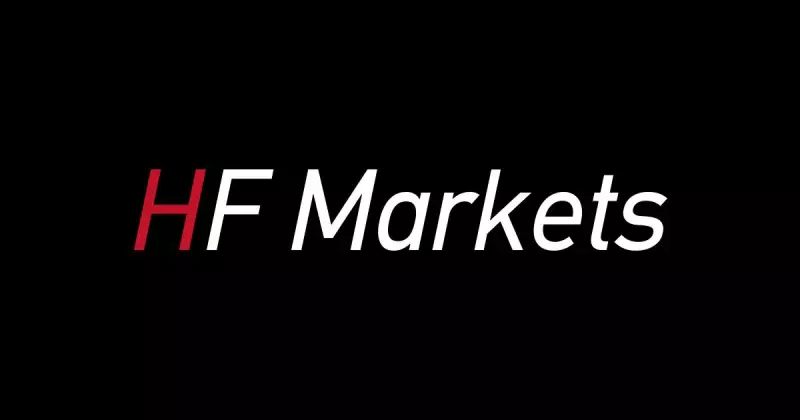
Navigating the world of forex trading in Nigeria requires careful consideration of your broker's offerings. With the Nigerian naira experiencing volatility and many traders seeking diversification, understanding broker fees and services has never been more crucial.
Understanding Forex Broker Fees: The Hidden Costs That Impact Your Profits
Forex brokers primarily generate revenue through spreads and commissions. The spread represents the difference between the buying and selling price of a currency pair. Nigerian traders should pay close attention to whether brokers offer fixed or variable spreads, as this can significantly affect trading costs during volatile market conditions.
Commission Structures Explained
Some brokers charge commissions per trade instead of widening spreads. This model often benefits high-volume traders who execute frequent transactions. Understanding your trading style and frequency will help determine which fee structure works best for your Nigerian trading account.
Spreads Demystified: What Nigerian Traders Must Know
Spreads vary significantly across currency pairs and market conditions. Major pairs like EUR/USD typically feature tighter spreads, while exotic pairs involving the Nigerian naira often carry wider spreads due to lower liquidity.
Fixed vs. Variable Spreads
Fixed spreads remain constant regardless of market volatility, providing predictability for risk management. Variable spreads fluctuate with market conditions, potentially offering lower costs during calm periods but widening significantly during major economic announcements or Nigerian market developments.
Essential Trading Services for Nigerian Forex Traders
Beyond fees, several critical services differentiate forex brokers serving the Nigerian market:
- Trading Platforms: MetaTrader 4/5 remains popular, but many brokers now offer proprietary platforms with enhanced features
- Educational Resources: Comprehensive learning materials tailored to Nigerian regulatory requirements and market conditions
- Customer Support: Localized support understanding Nigerian time zones and specific market challenges
- Deposit and Withdrawal Methods: Convenient funding options that work efficiently within Nigeria's financial system
Regulatory Considerations for Nigerian Forex Traders
While international regulation provides important protections, Nigerian traders should also consider local compliance requirements. Working with brokers who understand and respect Nigerian financial regulations can prevent future complications with account funding and withdrawals.
Making Your Final Broker Selection
Choosing the right forex broker involves balancing multiple factors. Nigerian traders should prioritize:
- Total cost structure including spreads, commissions, and any hidden fees
- Platform reliability during peak trading hours and Nigerian market sessions
- Asset availability including access to naira pairs and other African currencies
- Local payment processing efficiency for deposits and withdrawals
By carefully evaluating these factors, Nigerian forex traders can select brokers that align with their trading strategies and financial goals, potentially increasing their chances of success in the dynamic currency markets.





